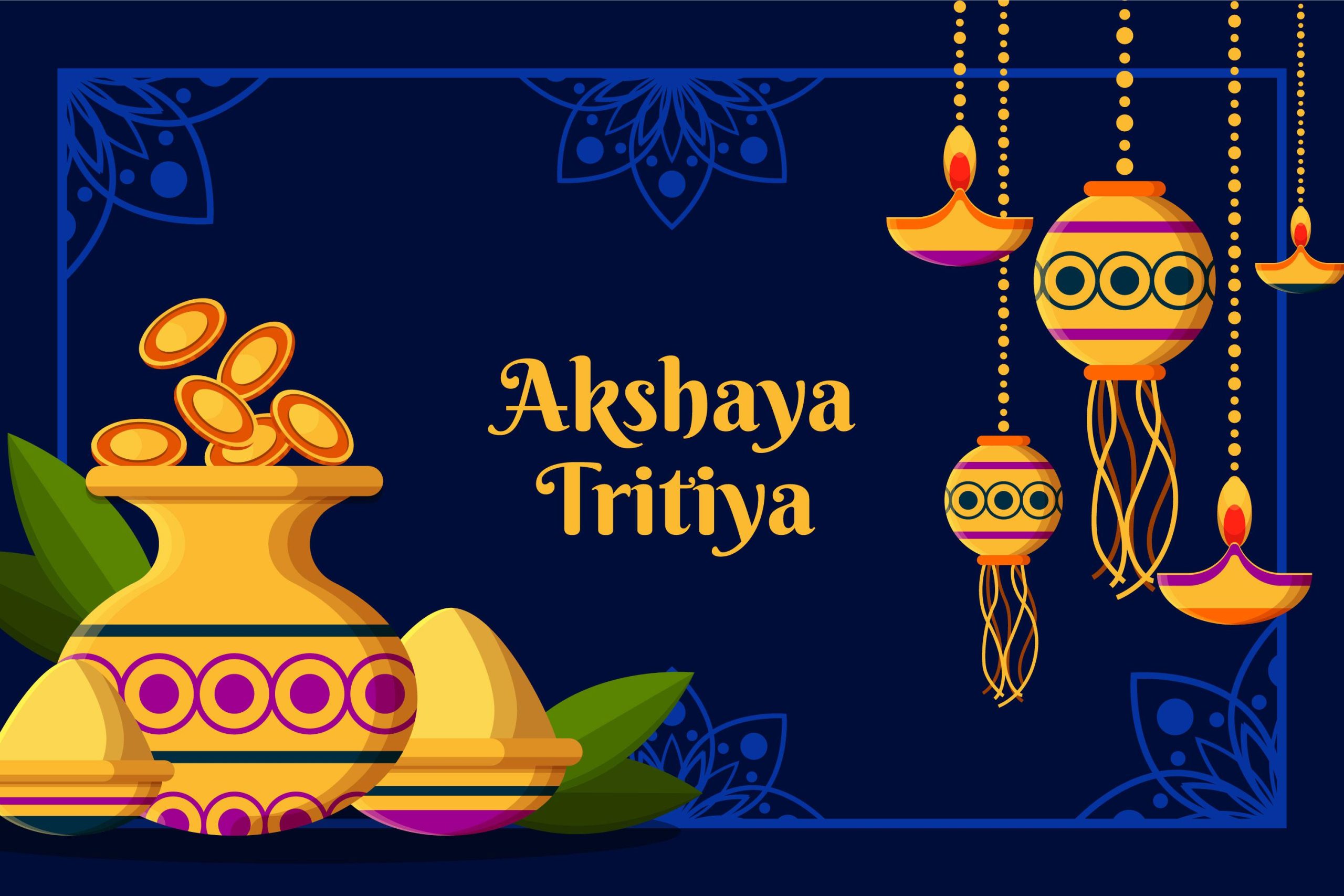Rabindranath Tagore Jayanti
Rabindranath Tagore, a renowned poet, philosopher, and polymath, was born on May 7, 1861, in Kolkata, India. He is celebrated every year on Rabindranath Tagore Jayanti to honor his remarkable contributions to literature, music, art, and social activism.
Tagore’s most notable contribution lies in the field of literature. He reshaped Bengali literature and introduced modernism to Indian literature through his poetry, short stories, novels, and plays. His collection of poems, Gitanjali (Song Offerings), earned him the prestigious Nobel Prize in Literature in 1913, making him the first non-European Nobel recipient.
Rabindranath Tagore’s contribution to the national anthem and national song of India is significant. He penned both the national anthem, “Jana Gana Mana,” and the national song, “Vande Mataram,” which hold great cultural and patriotic importance in India.
“Jana Gana Mana” was adopted as the national anthem of India on January 24, 1950. It was written in Bengali by Tagore and was first publicly performed at the Calcutta Session of the Indian National Congress in 1911. The anthem embodies the ideals of unity, diversity, and the greatness of India. With its profound lyrics and melodious tune, “Jana Gana Mana” has become an integral part of India’s national identity, symbolizing the rich heritage and unity of the nation.
“Vande Mataram,” written in Bengali by Tagore, is considered the national song of India. It was first published in 1905 in his novel, “Anandamath.” The song served as an anthem for the Indian independence movement, igniting a sense of patriotism and promoting nationalistic fervor. With its powerful lyrics and evocative imagery, “Vande Mataram” pays tribute to the motherland and became an important rallying cry for the freedom struggle.
While “Jana Gana Mana” was chosen as the national anthem, “Vande Mataram” remains a beloved patriotic song that holds a special place in the hearts of Indians. Both these compositions by Tagore have played a significant role in unifying and inspiring the people of India, fostering a deep love for the country and its diverse culture.
Tagore’s works often explored themes of love, nature, spirituality, and human emotions. His poetry carries a mystical and philosophical essence, embodying the beauty of simplicity and universal themes that resonate with readers across cultures and generations.
Aside from literature, Tagore was also a prolific composer and musician. He composed over 2,000 songs, known as Rabindra Sangeet, which blend classical Indian music with folk elements. His songs reflect his poetic genius, expressing profound emotions and portraying the essence of Indian culture.
Furthermore, Tagore was an influential social reformer and nationalist who advocated for the empowerment of women and the upliftment of rural society. He established the institution of Santiniketan, which later became Visva-Bharati University, to foster a holistic and inclusive education system emphasizing art, music, and literature.
Rabindranath Tagore’s immense contributions to literature, music, and social reform have left a lasting impact on Indian and world culture. His works continue to inspire and resonate with people, transcending boundaries and fostering understanding and appreciation for the arts and humanity as a whole.
On this day, let us remember and pay our tribute to him!
By: Mr. Pawan Mahawar (Sr. Customer Service Executive – Kolkata)



